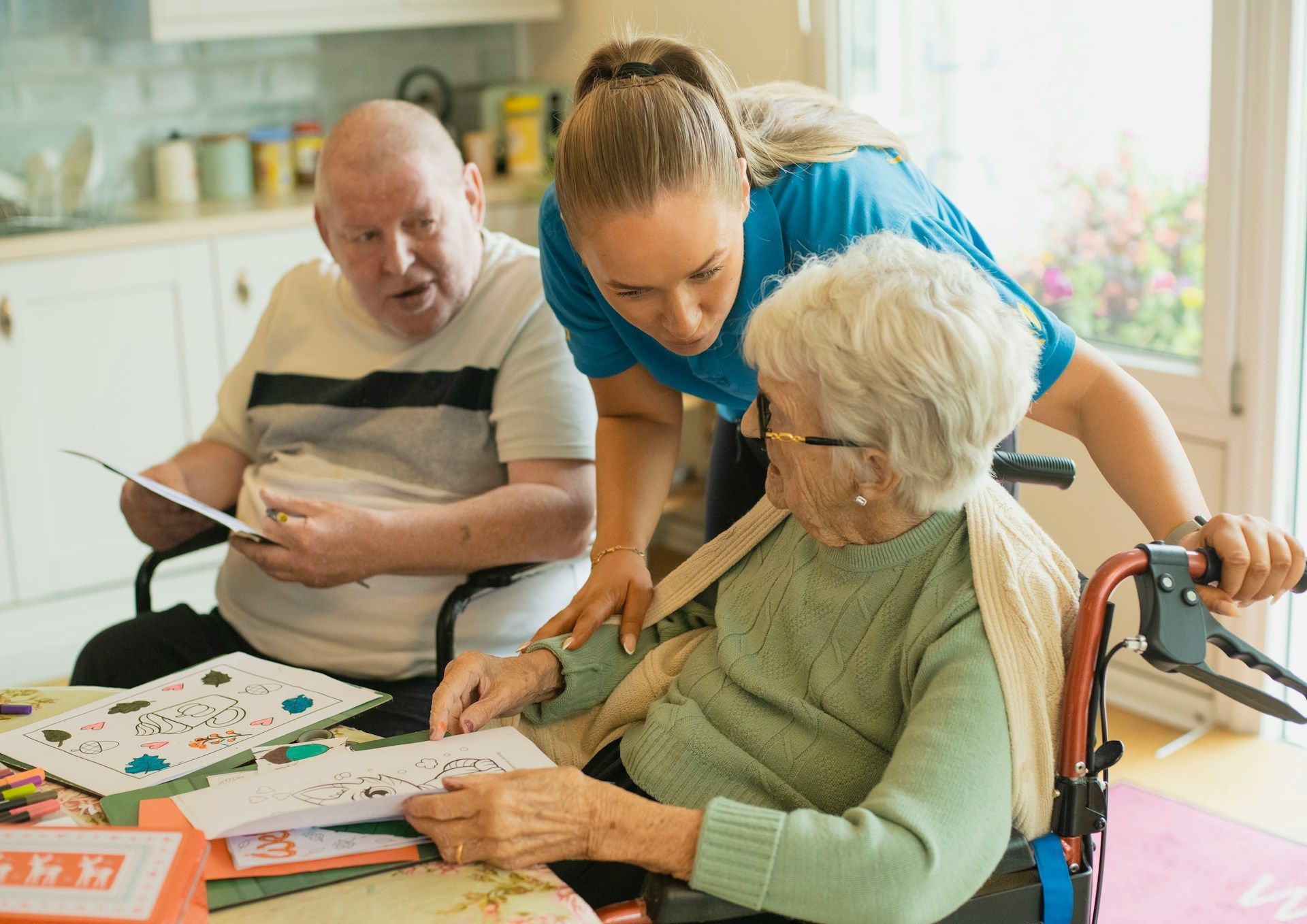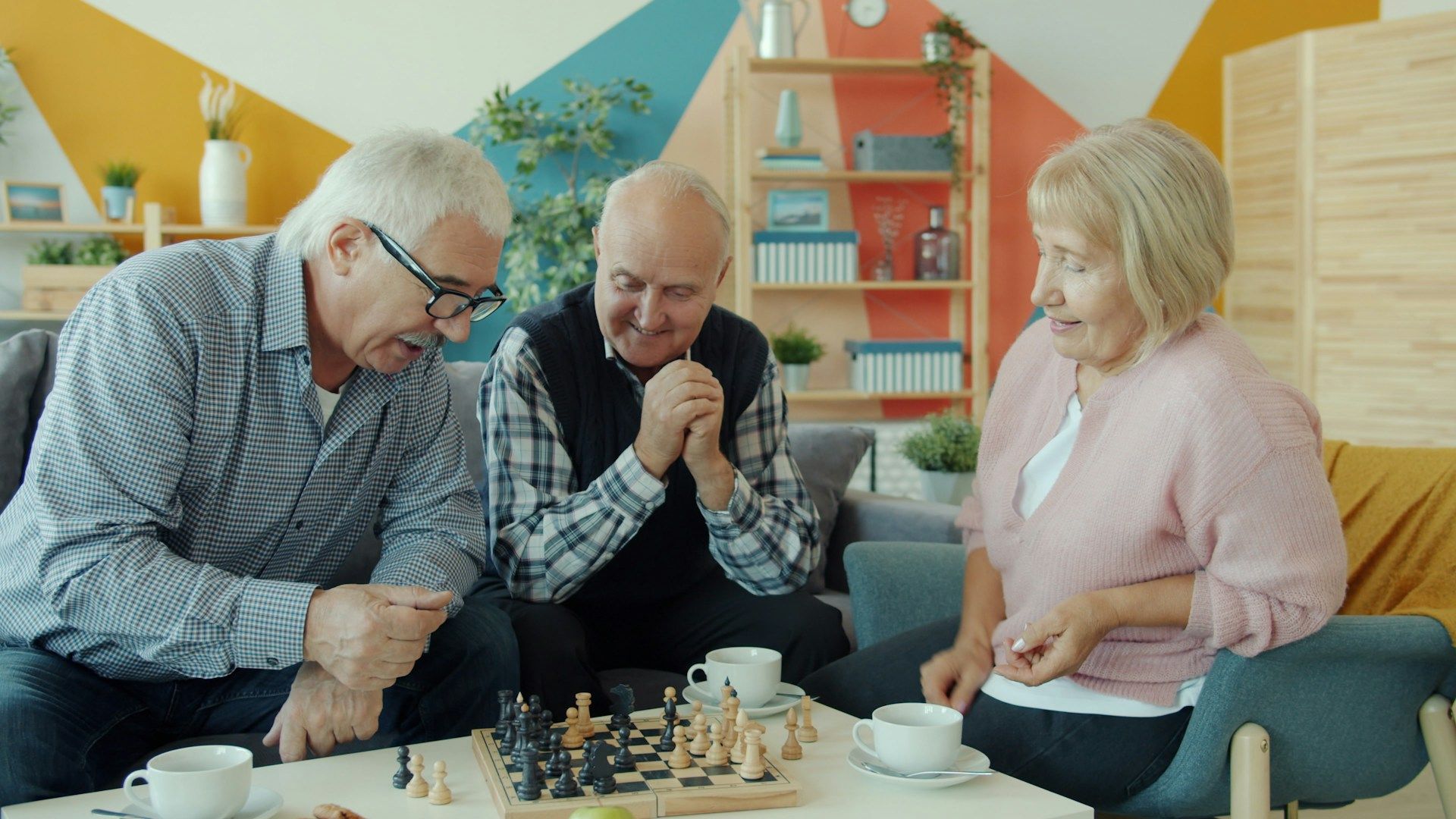Top 5 Ways to Make the Transition to Adult Day Care Easier
Starting adult day care can be a big change for seniors and their families. Whether the goal is to give caregivers some relief or to offer seniors more chances to socialize and stay active, the shift can cause mixed emotions. It's common for both the senior and the caregiver to feel unsure or even guilty at first. That’s normal, especially when a new routine is being introduced, even if it’s a helpful one.
On Oahu, where many families are deeply connected through generations, the idea of someone spending part of the day away from home brings up questions. Will they be happy? Will they feel safe? Can they make friends? Preparing for this shift with thought and empathy makes all the difference. A calm and step-by-step approach gives families the chance to ease into care together instead of rushing through it.
Understanding the Emotional Aspect
Before talking about adult day care options, it helps to think about what the senior might be feeling. For many, stepping into a new environment means facing uncertainty. They might wonder if the people there will be kind or whether they'll fit in. Others fear losing independence or believe the change means they can't take care of themselves anymore. These fears can be strong, even if the facts don't match up.
Instead of jumping into answers right away, take time to really listen. You don’t need to push for a decision in one conversation. In fact, keeping things low-pressure often leads to more honest responses. Let them express fear, worry, or even anger without trying to talk them out of it too quickly. It’s important to show that their feelings matter.
Caregivers play a big part in how comfortable or stressful the conversation feels. Keep your tone relaxed, and have the conversation somewhere quiet where both of you can speak freely. Some people open up more when doing a shared task like folding clothes, walking together, or sitting outside. That can create a more natural, flowing conversation.
You can also gently connect their worries to hopeful outcomes: “I think meeting other folks might bring some fresh energy to your week” or “You’d still come home every day, it’s just a few hours with some new faces.” The goal isn’t to pitch the program but to see if it could add something meaningful to their life.
Gradual Introduction to Day Care
Jumping into something new can feel overwhelming. A slow and steady approach often works best when introducing adult day care. Giving your loved one space to warm up to the idea may ease their nerves and lead to a better overall experience.
Short visits before a full day can build confidence. Start with a casual tour. Let them meet the staff, see the rooms, and observe an activity or two. They may not join in at first, and that’s okay. Just being there and seeing others enjoy themselves can help reduce uncertainty.
Try these ideas to ease the introduction:
- Drive by the center a few times and talk about how it looks
- Drop in for coffee or lunch rather than a full day
- Go to an open house or hosted event
- Bring someone they trust on the first visit
- Allow them to choose what they’re ready for and at what pace
Each of these small steps gives them a sense of choice. They can form their own opinions and begin to view day care as something that fits into their life rather than a big change being forced on them.
Routine matters too. Try to start a consistent schedule early on. If visits happen on the same days at the same times, it becomes part of their weekly rhythm. The more predictable it feels, the more relaxing it becomes.
Involving the Senior in the Decision
Being part of the decision-making process helps people feel respected and seen. When seniors get to help direct their own care, they’re more likely to accept the changes and feel good about them. Adult day care is no different.
Even if you’ve done plenty of research and chosen the best option, involve them from the beginning. Talk about what they might want their days to look like. Ask what they value. Would they enjoy a music program? Is lunch important? Would smaller or larger groups feel more comfortable?
Ways to include them could be:
- Touring the center together and discussing their thoughts after
- Asking them to choose daily items like clothes, snacks, or a water bottle
- Helping them build a schedule they like
- Letting them pick between two or three locations or programs
Small actions like these show that you’re listening. They give your loved one control over things that affect them every day. That sense of choice can go a long way in reducing resistance and boosting their comfort level.
Everyone processes change differently. Don’t expect a quick answer. Be ready for multiple conversations. The key is to create a space where they feel heard over time.
Communicating Positively About Day Care
Words carry meaning, especially when you're introducing change. How you talk about adult day care will shape how your loved one sees it. Positive framing can create trust, lower stress, and even spark interest.
Don’t focus on what they may lose. Instead, highlight what they may gain. If they miss being social, bring up the group activities. If their days feel long or a bit dull, mention the variety day care could bring. Avoid phrases that sound final or heavy, such as "being placed." Instead, talk about "trying something new" or "joining in for a bit."
Real examples help too. If you know someone who enjoyed a painting class or gardening at a center, share that story. Keep the tone light and open. A little humor can also reduce tension.
When questions or concerns come up, respond with honesty and patience. Here are some reassuring ways to keep things open and positive:
- “Let’s just check it out and see what you think.”
- “We’ll go together so you can see if it feels right.”
- “It might be a good way to bring a little fun into the week.”
You don’t need to sell it. If they feel you’re listening and being real with them, they may just get curious on their own.
Making the Space Feel Like Home
Familiarity brings comfort. That’s why making day care feel like home can ease a lot of the early jitters. A few personal items and a predictable schedule create a bridge between home and the new daily setting.
Think about what comforts your loved one already uses every day. A small photo album, favorite snack, or even a well-worn cardigan can offer a calming link to home. These don’t have to be big items. What matters is the connection and routine they represent.
In addition to packing familiar items, work on making their routine consistent:
- Use the same bag each day packed with reliable comfort items
- Offer the same meal or snack they enjoy at home
- Create a picture schedule or checklist to start the day
- Go over the daily plan so they know what to expect
- Try to keep visit days the same each week if possible
You’ll see more ease if they start to feel ownership of their day care space. Having a favorite seat or knowing the name of a friendly staff person can help the new environment feel more personal. Even something small like playing familiar music in the car on the way over can smooth the shift.
Your Journey to a Smooth Transition
Helping a family member adjust to adult day care can feel like a big change at first. That’s why understanding their fears, giving them a say, and easing into the process really matters. It’s not about rushing or convincing them overnight. It’s about moving at a pace that works while offering kindness and guidance along the way.
Some days may feel easier than others. But each step helps. Start with open conversation. Add small visits. Build a routine. Pack something comforting. Listen more than you talk. These simple acts can create trust and lead to a better outcome for everyone involved.
A thoughtful transition isn’t only about programs or activities. It’s about preserving dignity, offering peace of mind, and finding ways to help your loved one continue to feel part of something meaningful. And when done with care, adult day care can become a positive part of daily life—for both the caregiver and the one receiving care.
Helping a loved one transition smoothly into adult day care can bring peace of mind and improve their quality of life. If you're exploring options for
adult day care in Honolulu, consider how Hale Hau’oli Hawai’i can provide a meaningful experience for your family. Our programs focus on creating a supportive and engaging environment tailored to the needs of seniors and their caregivers.










